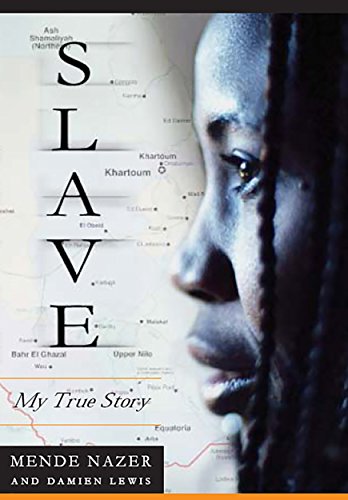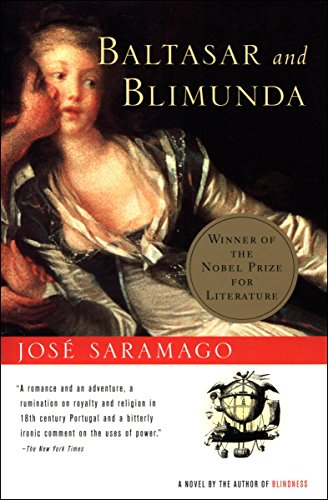Winner of the Naguib Mahfouz Medal, a literary award given to the best contemporary novel written in Arabic
-and-
Shortlisted for the International Prize for Arabic Fiction in 2015
"A bittersweet historical novel set in 19th century Sudan during the uprising of a Sudanese religious leader who declared himself as the Mahdi — or guided one — against the Ottoman Empire & the English-Egyptian government.
Freed slave Bakhit is let out of prison with the overthrow of the Mahdist state in Sudan. On the brink of death, the memory of his beloved Theodora is all that has sustained him through seven years of grim incarceration—that and his vow to avenge her killing.
Set against a backdrop of war, religious fervor, and the monumental social and political upheavals of the time, The Longing of the Dervish is a love story in the most unlikely of circumstances.
Lyrical and evocative, Hammour Ziada's masterfully crafted novel is about sorrow, hope, and the cruelty of fate."




















